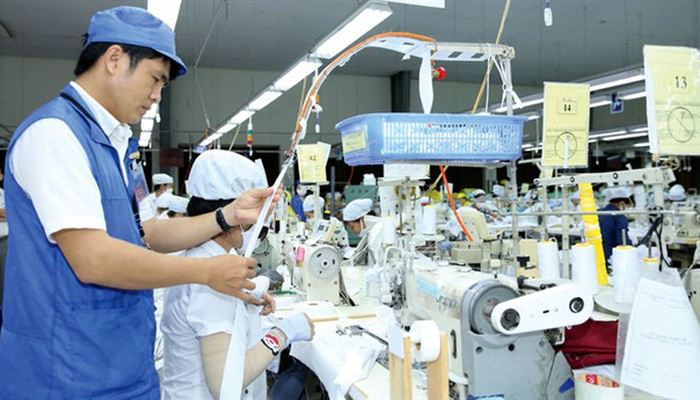New Labor Code expected to expedite VN’s path to high income country
VGP - The International Labor Organization (ILO) welcomes new rights of workers and employers in Viet Nam from 1 January 2021 as the revised Labor Code adopted in 2019 takes effect.
 |
|
The revised Labor Code becomes effective since January 1, 2021. |
“The new Labor Code makes numerous improvements which can bring benefits for workers and employers. But they will become a reality only when all are aware of their new rights and actively use them,” the ILO Director emphasized.
The first important change is the expanded coverage of the Labor Code to those who work but without written employment contracts.
Certain legal protections under the new Code can be applied to about 55 million people, instead of the current coverage of about 20 million workers with employment relations.
In addition, the Code has strengthened protections against gender discrimination and sexual harassment at work, highlighted Chang-Hee Lee.
The retirement age will be gradually increased to 62 years for men (by three additional months per year) and 60 years for women (by adding four more months annually), he said, adding that it reduces gender gaps from five to two years, while making pension system more financially sustainable and responding to demographic challenge of rapid aging.
Employers decide wages, working conditions through dialogue
The ILO Viet Nam Director stressed that the Labor Code has created enabling legal provisions for workers and employers to decide wages and working conditions through dialogue and negotiation.
The Code allows workers to establish and join a workers’ representative organization of their own choosing, which may or may not be affiliated with the Viet Nam General Confederation of Labor (VGCL), he added.
Under the new law, the mechanism for resolving labor disputes has been streamlined. This change has brought Viet Nam’s labor laws and industrial relations closer to ILO’s Convention 98 on Right to Organize and Collective Bargaining, which the country joined in 2019, and improvement towards Convention 87 on Freedom of Association and Protection of the Right to Organize, which the Government intends to ratify in 2023.
The full respect and application of ILO Convention 87 and 98 is a key requirement for Viet Nam under the EU-Viet Nam Free Trade Agreement and the Comprehensive and Progressive Agreement for Trans-Pacific Partnership.
“More importantly, the changes will create a solid foundation for the Government, workers’ and employers’ representative organizations to get on a more sustainable path towards shared prosperity, avoiding middle income trap. It will accelerate social and economic upgrading of Viet Nam,” the ILO Viet Nam Director said.
By Thuy Dung
